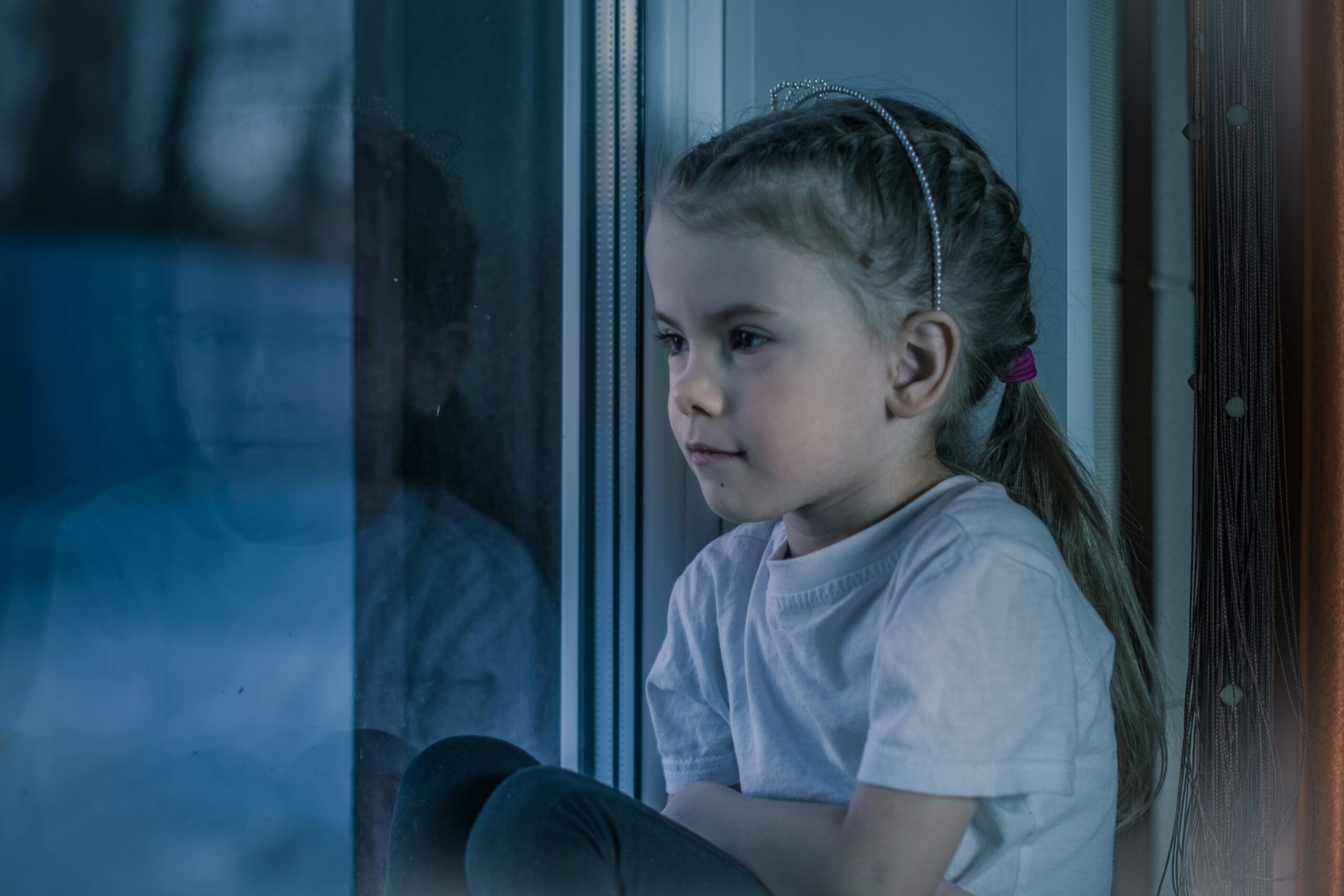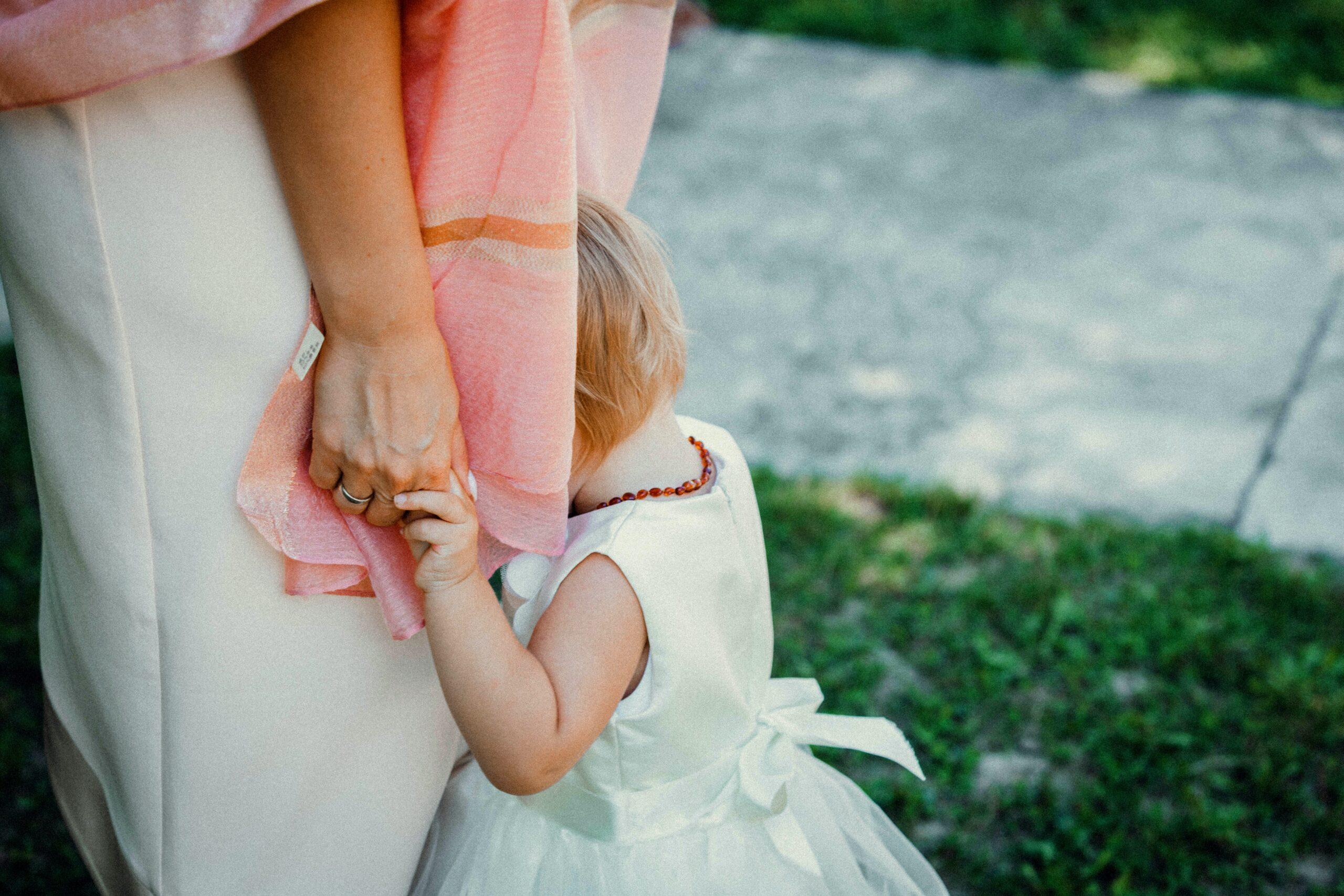“My kids are as different as night and day.”
Many, if not most parents, would agree with that statement. My own family contains a bubbly, outgoing 6-year-old and her timid, introverted 2-year-old sister. It makes my heart ache to watch my youngest struggle to quell her anxiety in new situations. At home, she plays, dances, chatters and sings. In public, she retreats into a stony silence. At the beauty parlor, my elder child climbs into the chair and talks animatedly with the young woman cutting her hair. My 2-year-old sits frozen on my lap, and I feel her heart pounding with fear as a friendly stranger snips her curls. Why is one child so gregarious and the other so shy? Psychologists now think the answer lies in the child’s innate temperament.
Three kinds of babies
From their earliest days, most babies can be sorted into three personality types.
Easy infants tend to be cheerful, regular in their feeding and sleeping habits, and to respond positively to novel situations.
Difficult children are irritable, feed and sleep at unpredictable times, may be hard to soothe, and respond negatively to new places or things.
Slow-to-warm-up children require a lot of exposure to novel situations before they become comfortable with them. These are the children we call shy. They hide behind their mothers when encountering a stranger. They want nothing to do with new toys. They refuse to participate in music or tumbling class until they’ve been there often enough that the setting seems familiar, rather than new and scary.
Psychologist Cynthia Goins, Ph.D., says that shy children are just born that way. “It’s a wiring thing,” she explains. “Some kids can tolerate certain situations better than others can. Shy kids get anxious in them.” There may also be a genetic component to shyness. Introverted parents are more likely to produce shy kids.

Do children outgrow shyness?
Researchers have found that many “slow-to-warm up” babies do seem to outgrow their inhibitions. Harvard psychologist Jerome Kagan followed a group of very inhibited toddlers and a group of fearless toddlers through their fifth birthdays. He found that only 20 percent retained their extreme personality style at age 5. Though it was rare for a child to move to the opposite extreme, most moved to the middle of the spectrum, becoming more typical as they grew.
Dr. Goins suggests that shyness doesn’t necessarily disappear, but that children can learn to manage it. For example, a child feeling anxious about starting kindergarten might remember that a kind preschool teacher helped him adjust to that novel situation, and seek reassurance from his new teacher. “Kids find ways to maneuver in a situation that’s difficult for them,” says Dr. Goins. “Shyness doesn’t go away, but they can cope with it.”
How parents can help
Most parents of shy children recognize that their kids need extra support sometimes. “Introduce them to a new situation gradually: talking, reading, pretending about it,” recommends Dr. Goins. Children should never be punished for being afraid. “Be really supportive. Tell them, ‘I know this is hard for you,’ and take it slow. With older children who understand that they need to master an anxiety-producing situation, it may be appropriate to offer rewards when they do things they find difficult.”
Researchers call the match between a child’s temperamental needs and the parents’ demands “goodness of fit.” Child psychiatrist Stella Chase writes, “healthy development and functioning comes about when there is a compatibility between the child’s capacity and characteristics and environmental expectations.” In other words, parents should not expect their shy youngster to become a social butterfly, but should help him take steps toward becoming more socially competent.
When to be concerned
Even very introverted children learn to cope with shyness well enough to go to school, make friends and feel comfortable in familiar settings. If they don’t, there may be a larger problem. “Shyness is about novelty,” says Dr. Goins. “Kids who actively withdraw in familiar places, or become ill or depressed may require professional intervention.” If a child who is not normally shy suddenly begins avoiding social settings, parents should try to find out why.
Parents who feel that their child’s shyness impairs their ability to function in school or other public places should consult their pediatrician. The doctor will examine the child to rule out any physical or mental disorders, and may recommend a specialist who can help the child overcome his anxiety.
Almost all kids feel shy in some situations. For most, loving support and assistance easing into a new environment will help children feel comfortable enough to enjoy their surroundings and make new friends.



